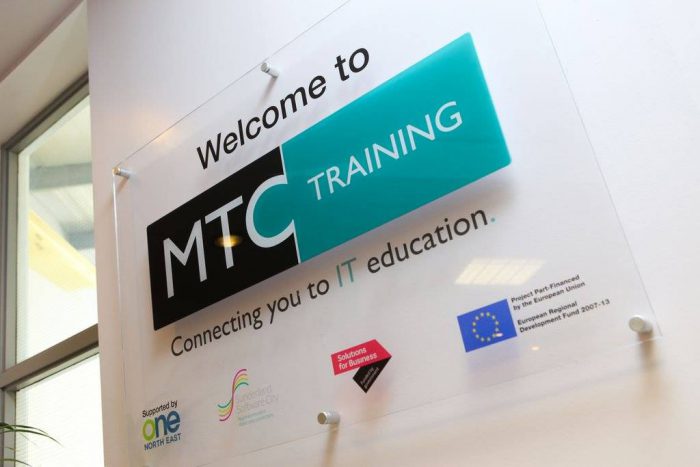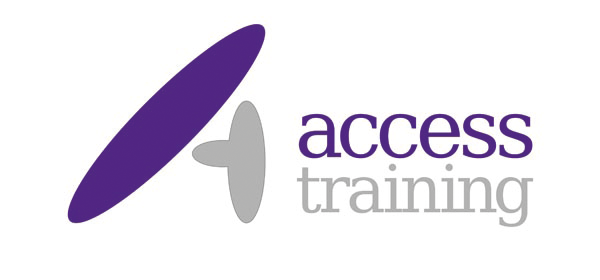1.0 Introduction
1.1. The University is committed to the highest standards of openness, probity, and accountability and seeks to conduct its affairs at all times in a responsible manner, having regard to the requirements of the funding bodies and the standards in public life set out in the reports of the Nolan Committee.
1.2. The Public Interest Disclosure Act 1998 (the Act) came into force on 2 July 1999 and gave legal protection to employees against being dismissed or victimised by their employers in consequence of reporting malpractices. Whilst it is a fundamental term of every contract of employment that an employee will faithfully serve his/her employer and not disclose confidential information about the employer’s affairs, the Act gives employees the right to make certain types of disclosures and the right to bring legal action in respect of any consequent victimisation.
2.0 Scope and Definition
2.1. Any individual, be that a member of the Governing Body, employee or student, who believes that they have evidence of serious malpractice or impropriety, should be encouraged to bring such evidence to the attention of appropriate senior management in the knowledge that the University would not take any action against them, nor seek in any way to penalise them for so doing, even if they turn out to be mistaken. Instances of serious malpractice or impropriety might include:
• Financial malpractice, fraud or other impropriety.
• Criminal offences.
• Failure to comply with legal obligations or the provision of the Instrument and Articles of Government.
• Danger to health, safety and the environment.
• Professional malpractice.
• Improper conduct or unethical behaviour.
• Miscarriages of justice.
• Corruption, bribery or blackmail.
• Properly safeguarded assets.
• Attempts to conceal any of the above.
• Research malpractice.
2.2. The University already has in place a number of policies and procedures, including grievance, discipline, harassment, and student complaint. The policy and procedure on Public Interest Disclosure should not be used where a matter of concern should more appropriately be addressed through other approved University policies and procedures and in particular should not be used for complaints relating to an individual’s own personal circumstances, such as how they have been treated at work.
2.3. Investigation of matters raised under this policy may subsequently lead to the matter being pursued through other University procedures.
3.0 Policy Statement Protection
3.1 The University will not tolerate harassment or victimisation and will, where appropriate, take action to protect any individual making disclosures under this policy. If an individual believes that they have suffered detrimental treatment as a result of raising a genuine concern under this policy, they should inform the University Secretary and Director of HR immediately.
3.2 The University will not tolerate individuals who make false allegations maliciously (or persist with allegations of a vexatious nature) or with a view to personal gain and in such circumstances disciplinary action will normally be taken, where appropriate, against the individuals involved. Confidentiality
3.3 All disclosures made in accordance with this policy and procedure will be handled in a sensitive manner. The identity of an individual making a disclosure will, where possible, be kept confidential to the extent that the maintenance of such confidentiality does not hinder or frustrate any related investigation. However, the course of investigation may inevitably lead to the need for the individual making the disclosure to provide a statement as part of the necessary gathering of evidence and could lead to the identity of the individual making the disclosure being revealed. Anonymous Allegations
3.4 The University does not encourage the making of anonymous allegations and it encourages individuals to put their names to any disclosures made. Where allegations are made on an anonymous basis this may well hinder the University’s ability to fully investigate matters. The University will only consider anonymous disclosures in exceptional circumstances, and any decision to consider an anonymous allegation will be at the absolute discretion of the University. In exercising this discretion, factors to be taken into account will include:
• The seriousness of the issues raised.
• The credibility of the concern.
• The likelihood of confirming the allegation from attributable sources.
4.0 Procedure for making a disclosure
4.1 Initial step
4.1.1 An individual wishing to make a disclosure should do so in writing to the University Secretary and Director of HR (or, in her absence, to the Head of Legal and Governance) who will be responsible for keeping the Vice Chancellor & Chief Executive and the Chair of the Audit Committee informed as appropriate. The initial disclosure should be made by email to whistleblowing@sunderland.ac.uk.
4.1.2 Although an individual making a disclosure will not be expected to prove the truth of any allegation, sufficient information should be contained in the disclosure to demonstrate that the individual has a genuine concern of suspected wrongdoing.
4.1.3 An employee wishing to make a disclosure has the right to seek the assistance of their trade union, and has the right to be accompanied by a trade union representative, or colleague, not involved in the area of University activity to which the disclosure relates during any subsequent investigation of the disclosure.
4.1.4 A governor or student wishing to make a disclosure has the right to be accompanied as long as the accompanying individual is not involved in the area of University activity to which the disclosure relates.
4.1.5 An individual who may need to take legal advice before making a disclosure shall not, in any way, be penalised for having done so.
4.1.6 In all cases involving financial malpractice or impropriety, the University Secretary and Director of HR should act in close consultation with the Vice Chancellor & Chief Executive.
4.1.7 Where the Vice Chancellor & Chief Executive, or a member of the Board of Governors, is the subject of disclosure, disclosure should be to the Chair of the Board of Governors, except in cases of financial impropriety, when disclosure shall be to the Chair of the Audit Committee and copied to the Chair of the Board of Governors. In both instances the initial disclosure should be made to the University Secretary and Director of HR who will make the necessary onwards disclosures.
4.1.8 Where the Chair of the Board of Governors is the subject of disclosure, disclosure can be to the Chair of OFS and copied to the Vice Chancellor & Chief Executive as the Accountable Officer. In addition, the matter will be reported to the Audit Committee.
4.1.9 In all cases, the University Secretary and Director of HR will ensure that all allegations are copied in full to the Vice Chancellor & Chief Executive. The only exception to this is when the allegation relates to the Vice Chancellor & Chief Executive. In such cases disclosure will be copied to the Chair of the Board of Governors.
4.1.10 Upon completion of the investigation of any disclosure the University Secretary and Director of HR will prepare a report on the outcomes which, where deemed appropriate, will be reported Audit Committee.
4.2 Process
Following the receipt of any allegation the University Secretary and Director of HR will confirm the appropriate policy under which the allegation will be handled and will advise the Vice Chancellor & Chief Executive accordingly.
4.3 External Disclosure
4.3.1 The aim of this policy is to provide an internal mechanism for reporting, investigating and remedying any suspected wrongdoing at the University. In most cases staff or students should not find it necessary to alert anyone externally.
4.3.2 The law does however recognise that in some circumstances it may be appropriate for a staff member to report concerns to an external body such as a regulator. It will very rarely, if ever, be appropriate to alert the media. The University would encourage members of staff to seek advice before reporting a concern to anyone external. The independent whistleblowing charity Public Concern at Work, operates a confidential helpline and further information is available at www.pcaw.org.uk or by telephone on 020 7404 6609. Public Concern at Work also has a list of prescribed regulators for reporting certain types of concern.
4.3.3 Disclosures made under this policy usually relate to the conduct of University staff and / or students, but they may sometimes relate to the actions of a third party, such as a supplier or a service provider. The law allows individuals to raise a concern with a third party directly, where the individual reasonably believes it relates mainly to the third party’s conduct or something that is legally their responsibility. However, the University encourages members of staff to report such concerns internally first following the procedure set out above.


